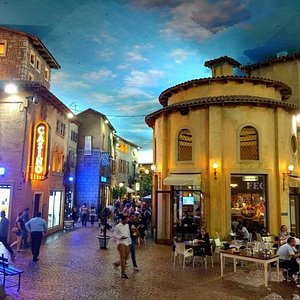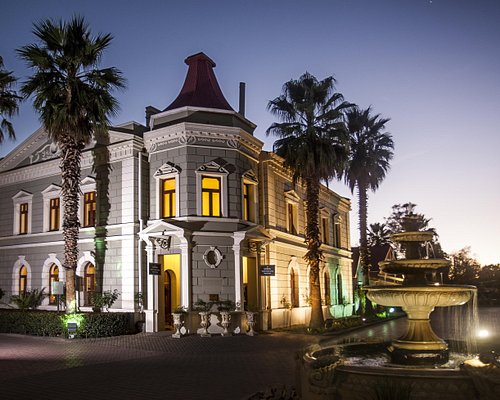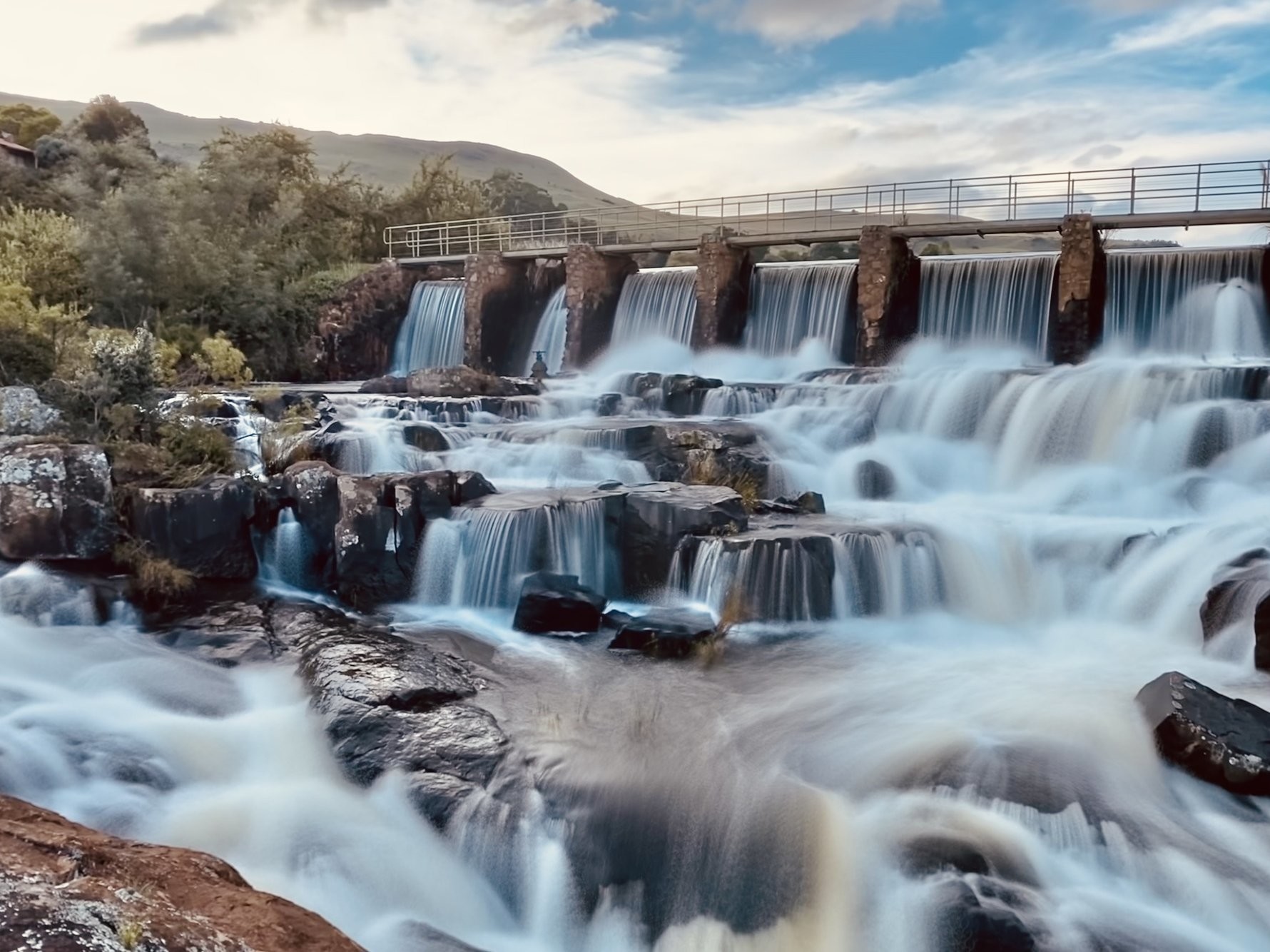Some Known Details About Johannesburg North Attractions
Some Known Details About Johannesburg North Attractions
Blog Article
The Of Johannesburg North Attractions
Table of ContentsJohannesburg North Attractions Can Be Fun For EveryoneJohannesburg North Attractions Things To Know Before You Get ThisJohannesburg North Attractions Can Be Fun For AnyoneOur Johannesburg North Attractions IdeasThe 9-Second Trick For Johannesburg North AttractionsTop Guidelines Of Johannesburg North AttractionsOur Johannesburg North Attractions Statements
You should keep security in mind and vacationers need to continue to be sharp at all times when in unknown surroundings. Talk to the locals when you are in community to discover the area you are remaining in. Johannesburg North attractions. When on the street (this doesn't relate to mall and various other safe atmospheres) finest basic advice is to try your finest to resemble a neighborhood and to avoid presenting any type of type of wealth
The Single Strategy To Use For Johannesburg North Attractions
Professor Revil Mason O. J. (Thomson, 1946) explored the Witwatersrand's pre-colonial history. His historical job blew up the 'em pty land' myth, according to which the region was lacking human habitation before the arrival of European inhabitants. In his publications Prehistory of the Transvaal: A Document of Human Task (1962) and Origins of Black People of Johannesburg and the Southern Western Central Transvaal Advertisement 3501880 (1986 ), Professor Mason demonstrated the extent of social and economic growth in the area before Europeans set foot here.

What Does Johannesburg North Attractions Mean?
In 1878, David Wardrop found gold in quartz blood vessels at Zwartkop, north of Krugersdorp. In 1881, Stephanus Minnaar came throughout gold on the farm Kromdraai, near the Cradle of Mankind.
In March 1886, a protrusion (quickly to be called the Key Reef) was found, quite luckily, on Gerhardus Oosthuizen's farm Langlaagte. Some claim that the Lancastrian coal miner George Pedestrian discovered this coral reef. Another travelling English miner, George Harrison (who had actually formerly worked in Australian mines) gotten a prospecting licence in regard of Langlaagte in May 1886.
He determined to proceed in a quest for greener fields, and disposed of his Langlaagte insurance claim for the princely amount of 10. Alas: below lay the richest goldfield ever before found. The exploration of this rich auriferous coral reef prompted a gold thrill that indicated completion of bucolic tranquillity in the redirected here southerly Transvaal.
It would, within 6 years, come to be the largest community in southern Africa. Within a years, it would certainly make the Z. A. R. up until then an anarchical and insolvent little state the wealthiest nation in Africa. By the millenium, the Z. A. R. was to exceed Russia, Australia and the United States of America to end up being the world's leading gold manufacturer, producing more than a quarter of the globe's gold.
The Buzz on Johannesburg North Attractions
It was called Ferreira's Camp, called after Colonel Ignatius Ferreira. He was a Boer traveler upon whom the British authorities Learn More Here had presented the standing of Companion of the Most Differentiated Order of St Michael and St George (entitling him to the post-nominal letters C. M. G.) in thankfulness for his duty in the battle that had deposed the Pedi king Sekhukhune in 1879.
2 various other camps were developed: Meyer's Camp on the ranch Doornfontein, and Paarl Camp. The latter was nicknamed Afrikander Camp; many people from the Cape Colony settled there.

Johannesburg North Attractions Things To Know Before You Buy
This name gained currency by word of mouth, such that the State Assistant attested the name to the Mining Commissioner on 9 October 1886. Stands in the village were auctioned on 8 December 1886. While some stands were cost 10, others were torn down for as little as sixpence.
Two years later on, these erven were to transform hands for as much as 750 each. The tented camps dwindled as a dorp of corrugated iron buildings established and increased north of the mines located along the Main Reef Road. Locations such as Jeppe's Community (where working-class immigrants erected their residences) and Doornfontein (where the upscale new 'Randlords' started to create their luxurious residences) were quickly included in the ever-expanding map of the community.
Not known Details About Johannesburg North Attractions
Besides the street names, there were no signs of Johannesburg being situated in a Dutch-speaking country. Years later on, C. W. Kearns O. J. (among the very first young boys enrolled at St John's College in 1898) would remember: 'An odd truth regarding Johannesburg was that, although it was in the [Boer Republic], nearly everyone talked English and even the Government slaves resolved one in English, unless they were initial attended to in the Taal (or Low Dutch)'.
Britain had an interest in guaranteeing ideal problems for gold production more helpful hints on the Witwatersrand, and that the gold was exported to London instead than Berlin a necessary made all the extra clamant by the Z. A. R.'s raising toenadering with Germany. Mine proprietors were on a crash program with Head of state Kruger, whose policy of monopolistic concessions (commonly given to his cronies) prevented mining companies from procuring supplies of products (especially dynamite) and work by themselves, cheaper terms
Getting The Johannesburg North Attractions To Work
In 1890, the Volksraad had actually limited the franchise to white men that had stayed in the Z. A. R. for fourteen years or longer, hence invalidating the majority of the immigrants (that happened to be the major contributors to the fiscus). Frustration for the vote was a simple pretext for advertising a various program; most uitlanders regarded themselves as momentary visitors and had no purpose of remaining in the Z.
Report this page